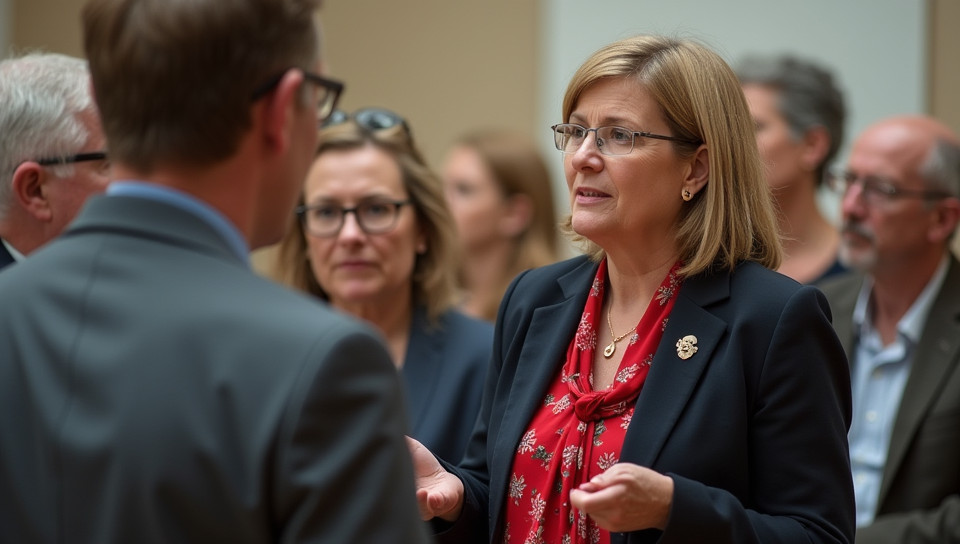Lack of representation in politics affects gender equality progress 89%

The Silent Barrier to Gender Equality: How Lack of Representation in Politics Holds Us Back
As we strive for a more equal society, it's time to acknowledge the elephant in the room: the lack of representation of women in politics. Despite progress made in recent years, the underrepresentation of women in government is a persistent issue that hinders our pursuit of gender equality.
The State of Representation
Women make up over half of the global population, yet they hold only a fraction of political positions around the world. According to the Inter-Parliamentary Union (IPU), as of 2022, women occupy just 26.4% of all parliamentary seats globally. This lack of representation not only perpetuates inequality but also affects the policies that are implemented.
The Consequences of Underrepresentation
The absence of women in politics has a ripple effect on various aspects of society. Some of the consequences include:
- Lack of understanding of women's issues and experiences
- Inadequate representation of diverse perspectives and opinions
- Policies that disproportionately affect women, such as those related to reproductive rights and family leave
- Limited opportunities for women to hold leadership positions and mentor future generations
Breaking Down Barriers
So, what can be done to increase the number of women in politics? Here are a few strategies:
- Promote women's participation: Encourage more women to run for office by providing training, resources, and support.
- Challenge stereotypes: Break down societal norms that perpetuate the notion that politics is a male-dominated field.
- Mentorship programs: Establish programs that pair experienced politicians with aspiring female candidates.
The Power of Collective Action
While progress has been made, there's still much work to be done. It will require collective action from individuals, organizations, and governments to create a more inclusive and representative political landscape.
The Time for Change is Now
The lack of representation in politics is a critical issue that affects not only women but also the entire society. By acknowledging this problem and working together, we can create a more equal and just world where everyone has an opportunity to thrive. The time for change is now – let's make it happen.
- Created by: Eva Stoica
- Created at: Sept. 10, 2024, 10:13 p.m.
- ID: 9072
